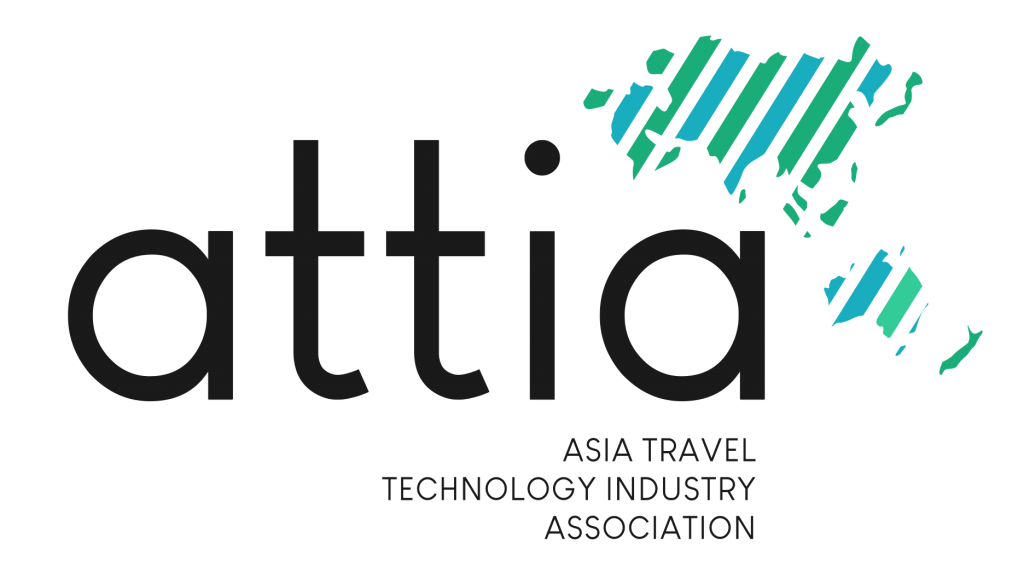On July 11th, 2023, ATTIA provided comments to Professor Wisit Wisitsorn-at, the Permanent Secretary of the Ministry of Digital Economy & Society, on Thailand’s Draft Principles for the Platform Economy Law.

ATTIA supports the Thai government’s efforts to ensure fair competition vis-a-vis the largest digital platforms. As online travel platforms, we believe it is in consumers’ interest that we are able compete on a level playing field, as this will increase consumer choice, lower prices and boost demand for travel to and from Thailand.
In finalizing the Draft Principles document, we invited Prof. Wisit and his Office to consider the following proposals which would help further MDES and STO’s objectives in a pragmatic manner. They draw upon our Members’ experience with shaping the European Union’s Digital Markets Act, Digital Services Act, and Platform to Business Regulation – all of which have directly influenced the Draft Principles under consultation.
- Restrict scope of ex-ante regulation to truly dominant platforms: To avoid unfairly burdening smaller platforms and to promote a conducive environment for innovation and growth, we urge the MDES and STO to carefully consider the scope of ex ante regulation and reserve it for truly dominant platforms. This approach will ensure that regulation is proportionate and only targets platforms that possess significant control and influence over the digital marketplace.
- Use criteria that reflect a truly strategic market position, instead of arbitrary metrics: Any proposed ex-ante regulation, including gatekeeper regulation, would need to be tailored to Thailand’s digital platform environment. The gatekeeper designation criteria should not give too much importance to crude quantitative measures such as user numbers or revenue. This is because size and scope on their own do not denote a truly dominant or strategic position. Instead, a service’s ability to act as a gateway to consumers is the type of criteria that is more reflective of a strategic position. We would encourage the Thai authorities to consider the more holistic approach to gatekeeper designation being pursued by the United Kingdom’s Digital Markets, Competition and Consumers Bill.
- Prioritize addressing self-preferencing: In terms of the behaviors to be targeted by the new digital competition regime, we would suggest that a ban on the harmful self-preferencing of a gatekeeper’s own goods and services should be a priority. This practice impedes competition on the merits, reduces innovation, and ultimately leads to less choice and higher prices for Thai consumers.
- Address overlaps with previous legislation: There are significant overlaps between the draft under consultation and many provisions in the Royal Decree on Digital Platforms. For example, requirements related to transparency reporting, and obligations which differentiate between platforms of different size categories. We propose that such overlaps be addressed explicitly, in order to avoid industry confusion from having to comply with two separate pieces of legislation with slightly different implementation requirements.







